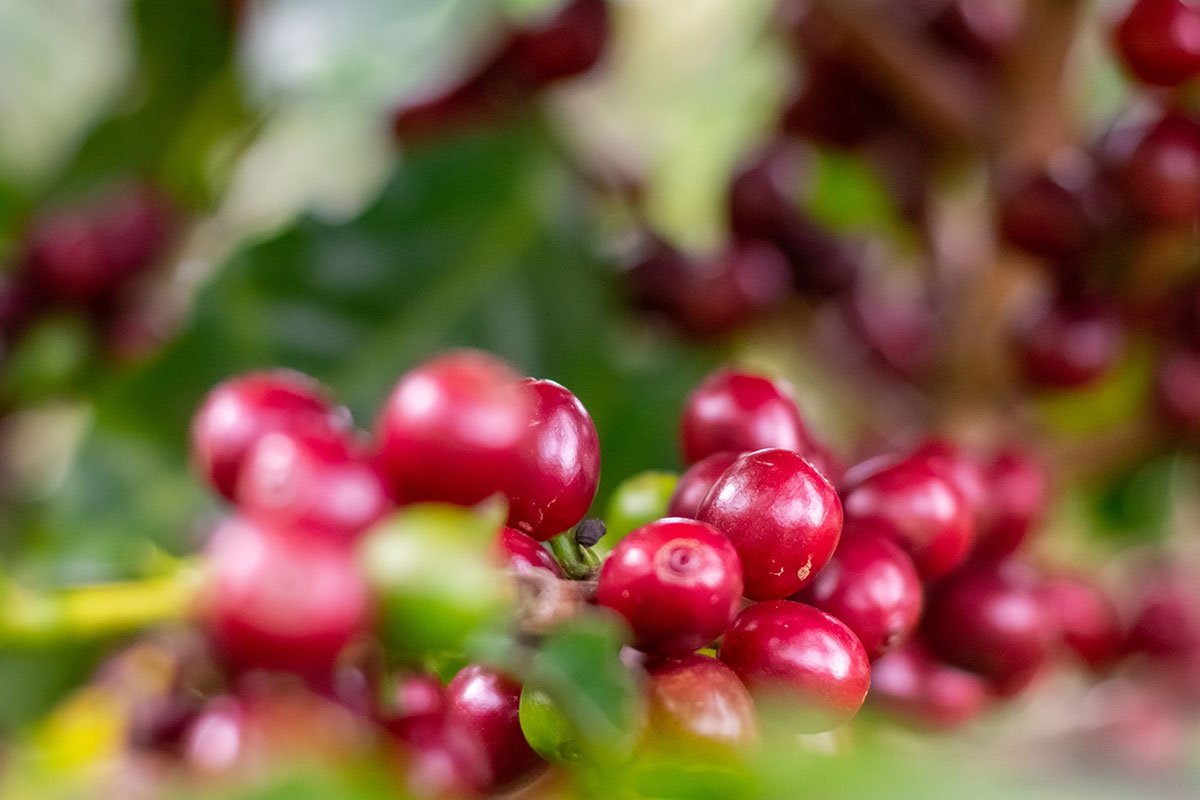
In 1974 the term “Specialty Coffee” was coined by an amazing woman named Erna Knutsen. She used this term first in a Tea & Coffee Trade Journal issue. She described specialty coffee as a type of Coffee beans which had the very best flavor and were produced in micro-climates that were favorable.
There is no doubt Specialty Coffee is gaining popularity, especially in recent years. It is seen as the epitome of coffee, the best of the best. “Gourmet”, “high-quality”, and “premium” are all nothing but buzzwords next to specialty coffee.
So, in this article, we’ll talk about specialty coffee, what is its definition and other aspects that make Specialty Coffee something truly amazing that every coffee lover needs to enjoy. Let’s talk about what is specialty coffee.
What is Specialty Coffee
It’s not easy to come up with a simple specialty coffee definition, and no two baristas would give you the same answer. However, the highly recognized definition is coffee that scores at least 80 points or higher out of 100. Coffee that scores 90 or higher is graded outstanding and some of the best tasting Coffee in the world.
First, It starts at the coffee farms and dedicated people that grow these prized beans. While most coffee-growing countries have long histories of producing Coffee, there are less that have consistently been successful when it comes to producing specialty coffee. This is the accumulated knowledge passed down from generation to generation that makes their coffee special.
Then comes modernization. Thanks to modern technologies, some farms can do away with most obstacles that once stood before a regular coffee plant and an uber-healthy, perfect coffee plant. Farmers can now grow better coffee trees than ever before, and the end results are simply amazing.
Finally, the processing. This is all about preparing the coffee beans prior to roasting. Several different methods are standard, but every estate has its little twist that they believe gives them an edge over the others. This is where the unique qualities and flavor profiles of specialty coffee beans are born.
At this point, it is mostly decided whether a bean is considered specialty or not. There are expert graders from the Specialty Coffee Association that will inspect every one of these aspects and then award the category of specialty coffee only after a lot of research and rigorous testing methods.
Of course, the roast itself makes a big difference. Some are awarded their specialty status only after being roasted and tasted by various graders like Coffee Review for example. In some cases, their status can be taken away.
Commercial Coffee VS Specialty Coffee
It might still be difficult to grasp the difference between regular coffee and specialty coffee. Is it just really good coffee? Well simply put, yes, but there are other aspects that you can look at to determine whether a specific coffee is considered specialty coffee or not.
After all, some may not state it explicitly and others may do so falsely. This is why it’s good to know what the markings of specialty coffee are.
#1 The roast
As we mentioned earlier, the roasting process plays a huge role in whether a particular coffee is considered specialty or not. While there are different types of roasts and many roasters, there is one aspect that almost always separates regular commercial coffee from specialty: the size of the batch.
Specialty coffee is roasted using relatively small precision roasts. Only about 20 to 100 pounds are roasted in each batch, which enhances precision and promotes a much more even roast. If you know you’ve got great coffee beans, you want to treat them as such. Small-batch roasted coffee is some of the best out there, and roasters who put quality over quantity covet Specialty Coffee beans of the highest grade.
On the other hand, commercial coffee is roasted in industrial ovens, which are the size of a rocket ship (give or take a few inches) and can roast hundreds of pounds in a single go. They produce more heat and roast coffee faster, which makes a lot of sense economically, but it’s not ideal for flavor.
#2 The Origin
Single Origin Coffee is very popular with Specialty Coffee drinkers and enthusiasts. Some of the best tasting Coffee in the World comes from single regions, Country’s, or Estates. Single origin Coffee has its own unique flavor profiles and flavor notes that help to separate them from one another.
However, Coffee also comes in blends. In a single coffee bag it could potentially have up to seven different types of coffee beans. In many instances each could come from different countries. Why do they do this—why wouldn’t they just use beans from the same country?
Well, when you’re dealing with average-quality beans, you’ll find that each bean has a certain “flaw”. Some may be too acidic, while others lack acidity. These two things are bad in their own ways. However, if you were to mix them half and half together you might get a decent acidity, which is key for flavor.
Specialty Coffee beans, however, are rarely flawed. You’ll find that most specialty coffee blends come from one, two, or maybe three countries. This is because the quality of the beans are much better so there is less need to bring in other beans to balance the flavor.
How to Enjoy Specialty Coffee
Now that you’ve found a specialty coffee brand that you like in our Specialty Coffee Marketplace, you might be wondering what’s the right way to make a cup of specialty coffee.
That’s the beauty, you really don’t need anything extravagant to enjoy the best Coffee you’ve ever had at home or the office. The quality of our award-winning roaster’s specialty coffee shines no matter how you prepare it. In most cases, a brewer as simple as a Pour-over is very good for you to make an amazing cup of specialty coffee.
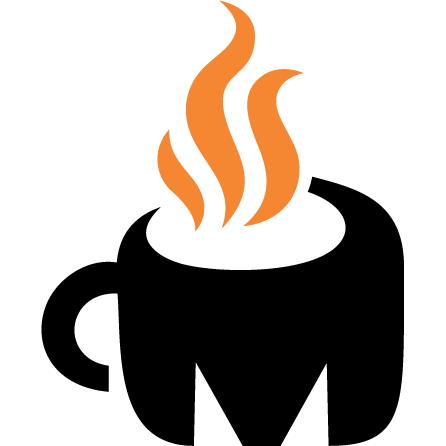
Maker's Coffee
Blog Writer
Maker’s Coffee blog writers consist of highly experienced and talented professionals dedicated to producing quality content that is interesting and informative regarding all things coffee.
Specialty Coffee Marketplace
Shop for fresh roasted Specialty Coffee delivered direct from our award winning roasters.
-

Colombian El Jardin Natural
$20.95 — or subscribe and save 10% -

Ethiopia Durato Bombe
$24.00 — or subscribe and save 10% -

Costa Rica Las Lajas Red Honey
$17.95 — or subscribe and save 10% -

Durango Western Blend
$14.95 — or subscribe and save 10% -

Durango Espresso Blend
$15.20 — or subscribe and save 10% -

Clementine Blend – sảng khoái
$17.50 — or subscribe and save 10% -

Colombia Water Processed Decaf
$17.00 — or subscribe and save 10% -

Citizen Blend Washed Process
$18.50 — or subscribe and save 10% -

House of Per’La Maison Couture Blend
$17.00 — or subscribe and save 10% -

Dark Roast Blend
$17.00 — or subscribe and save 10%
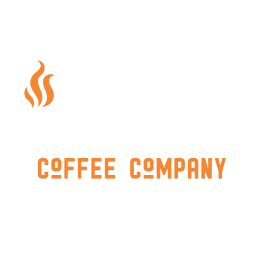


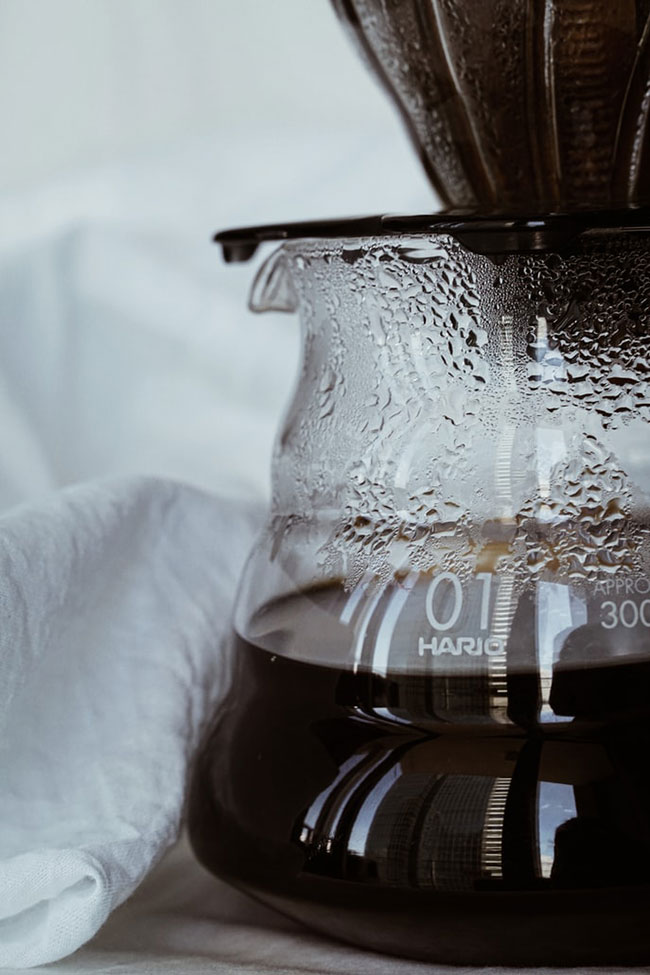
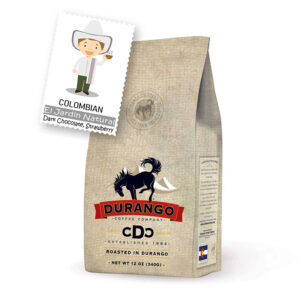
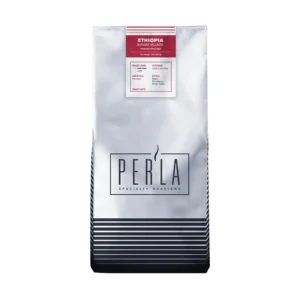
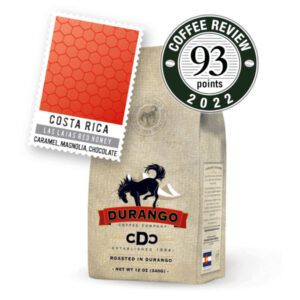
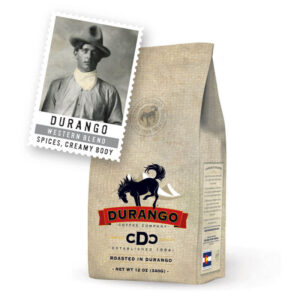
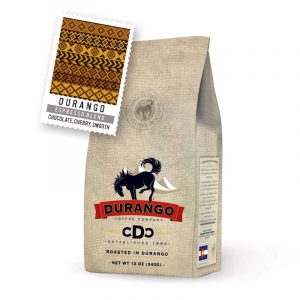
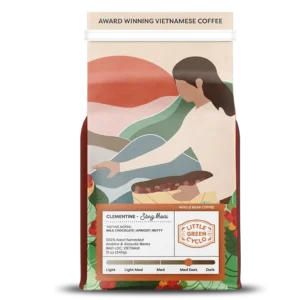
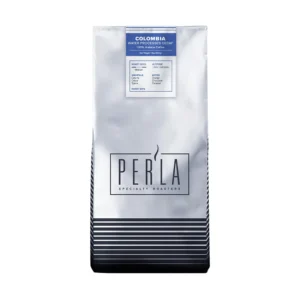
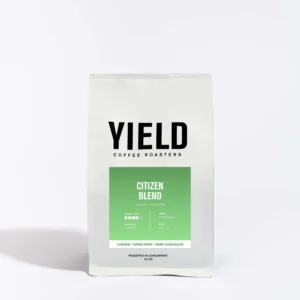
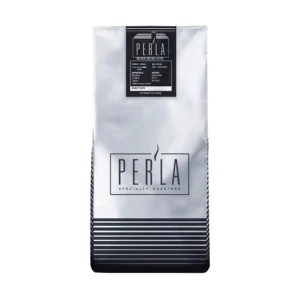
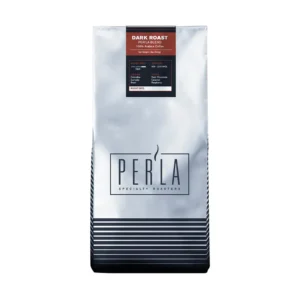


0 Comments